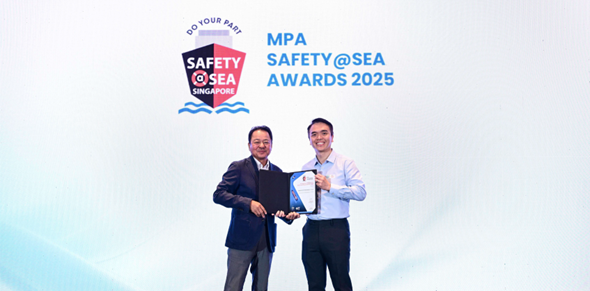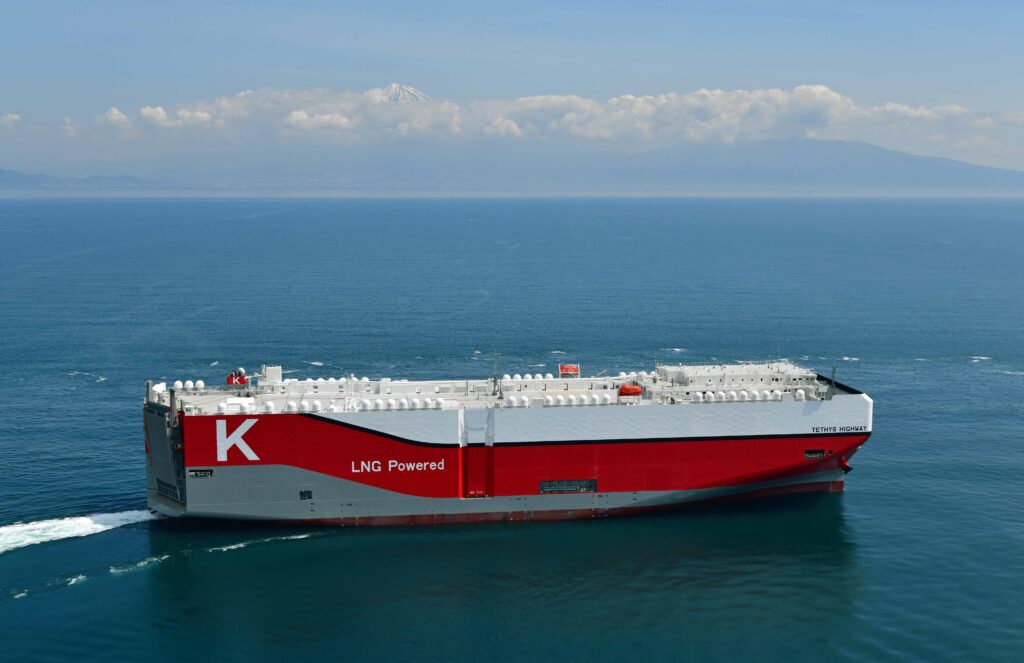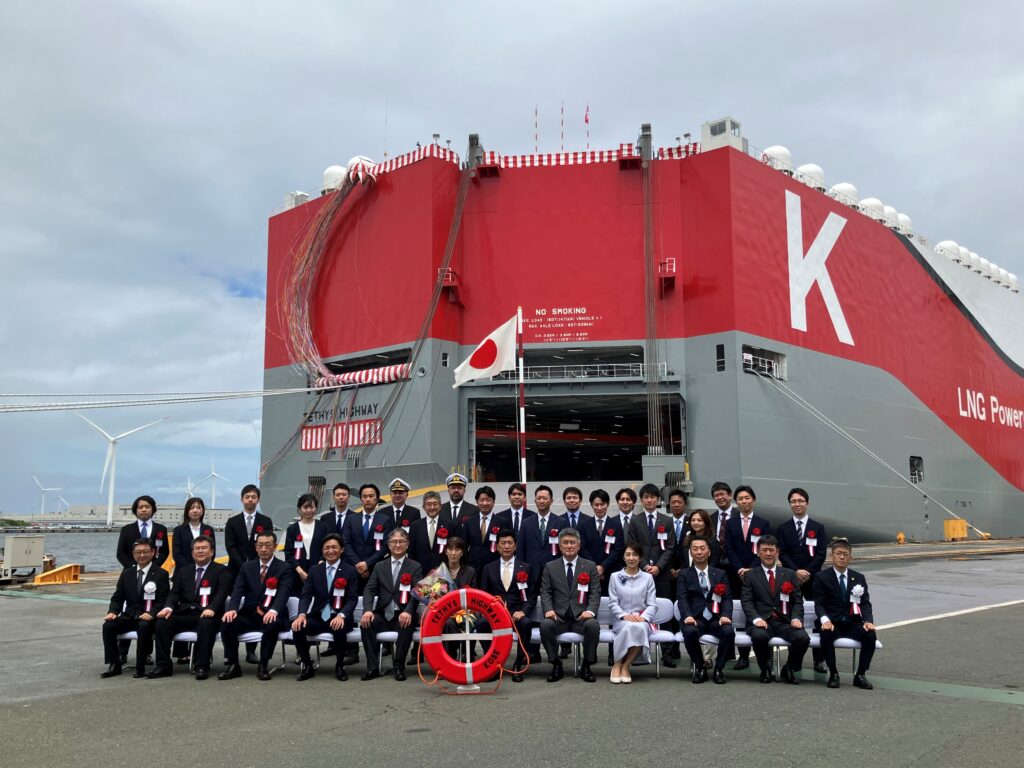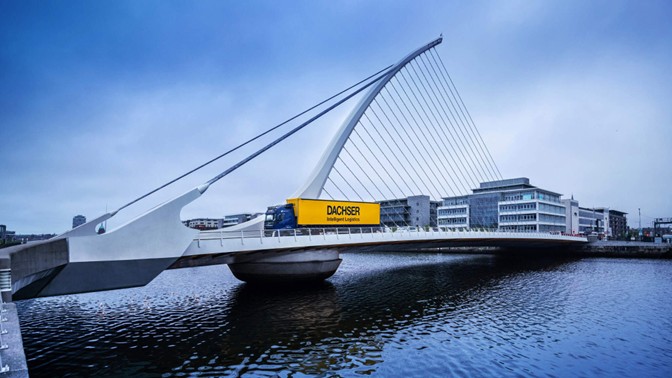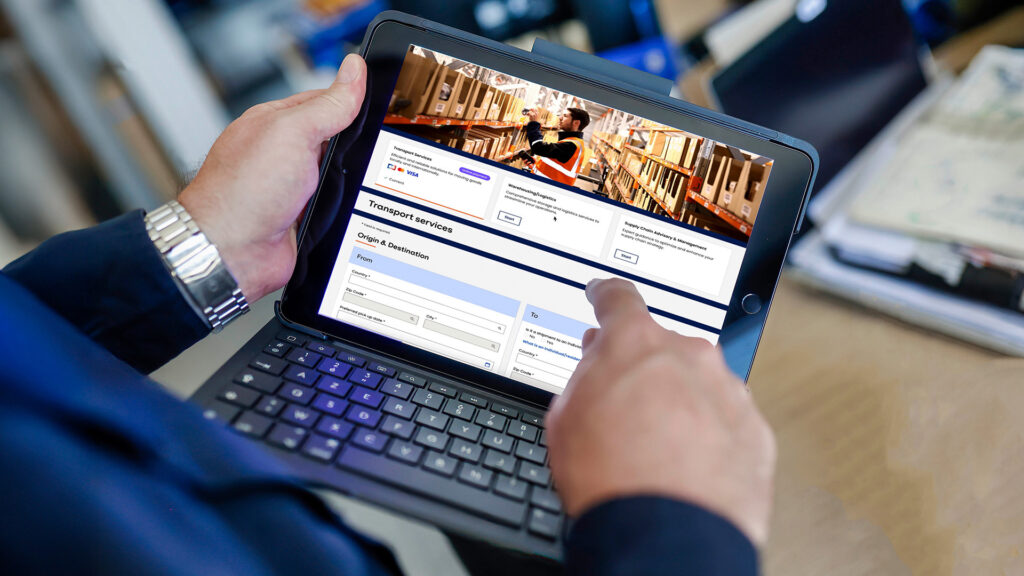ICHCA, the independent organisation dedicated to improving the safety in cargo handling globally, is continuing to present its analytical tool designed to focus attention of the critical dangers to life and limb in the sector. It highlights the need for concerted, on-going risk management in the shore-side cargo handling work environment.
London, 31st July 2025
In a unique analysis of near 500 incidents involving shore workers over the last twenty-five years, the ICHCA Severe Risks Dashboard details important findings that all in the industry need to be cognisant of every day. Key findings include:
- an almost equal split between on-vessel and onshore risk to port workers
- Three-quarters of incidents occurred during cargo operations
- Crush by cargo has been the leading historic cause of fatalities, accounting for a quarter of all incidents in the dataset
- 23% of high consequence incidents involve vehicle/pedestrian impact, chiefly involving pedestrians and mobile handling equipment, making it the close second highest type of fatal incident
- Falls are the third highest cause of death.
- Incidents occurring in confined or enclosed spaces also stands out as a key hazard
The International Cargo Handling Coordination Association (ICHCA) has used data going back to the year 2000, to research causes of workplace fatalities in the global cargo handling sector. While it is understood that the dataset can’t be comprehensive, it does give a unique insight into the nature of the majority of incidents resulting in a fatality on a worldwide basis.
“Our intention is to raise the level of awareness of these fatal incidents and their primary causes. Together with our members, we believe that safeguarding all workers employed both directly and indirectly in the workplace is the prime responsibility of operating organizations and authorities of cargo terminals. Through this greater awareness and knowledge, we aim to help minimize these risks in the future,” comments Richard Steele, CEO of ICHCA International.
The Severe Risks Dashboard is routinely updated and is provided by ICHCA for download ICHCA Severe Risks Dashboard – ICHCA International. An example of the analysis it contains is presented below.

The bare facts and data don’t tell the whole story. Individual circumstances surrounding these unfortunate events are pivotal to causes and outcomes. Trends however can be discerned and point the way to necessary ongoing improvements in safety protocols.
As such, the Dashboard also considers how best to mitigate incidents and their consequences depending on the causal circumstances, beyond the above mentioned crush by cargo and pedestrian accidents, to include fall from height, operating in confined or enclosed spaces, loading and discharge, maintenance and operating of handling equipment and third-party vehicle access. Advising such precautionary steps as:
- Re-testing existing management controls for focus, completeness and robustness
- Re-affirming that work as designed into procedures to address these essential risks actually translates into work as done on the ground
- Engaging with workforces and other stakeholders to seek well-managed, cooperative change and innovation
“Creating a safer, healthier workplace is not just the prime responsibility of those managing our industry, it also makes sound business sense; safe organisations are sustainable organisations,” Steele concludes. “This is the passion of ICHCA and its members. We believe the future of safety is not beyond the horizon but that we can make changes to the way we work right now. ICHCA’s on-going attention to the causes of fatalities is one part of ICHCA’s contribution to these changes.”
Access to detailed graphics illustrating some of the statistics presented are available on request.
About ICHCA International
Established in 1952, ICHCA International is an independent, not-for-profit organisation dedicated to improving the safety, productivity and efficiency of cargo handling and movement worldwide. ICHCA’s privileged NGO status enables it to represent its members, and the cargo handling industry at large, in front of national and international agencies and regulatory bodies, while its Technical Panel provides best practice advice and develops publications on a wide range of practical cargo handling issues.
Operating through a series of national and regional chapters, including ICHCA Australia, ICHCA Japan and plus Correspondence and Working Groups, ICHCA provides a focal point for informing, educating, lobbying and networking to improve knowledge and best practice across the cargo handling chain.







